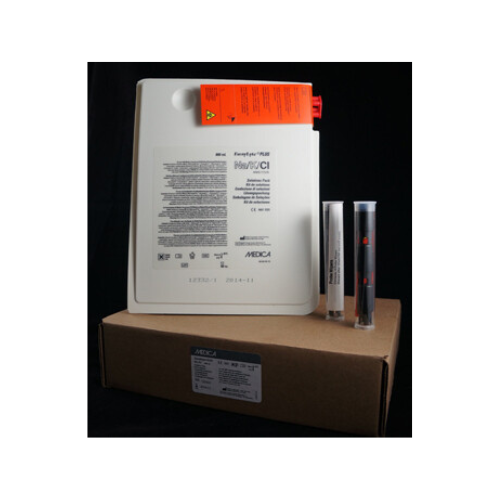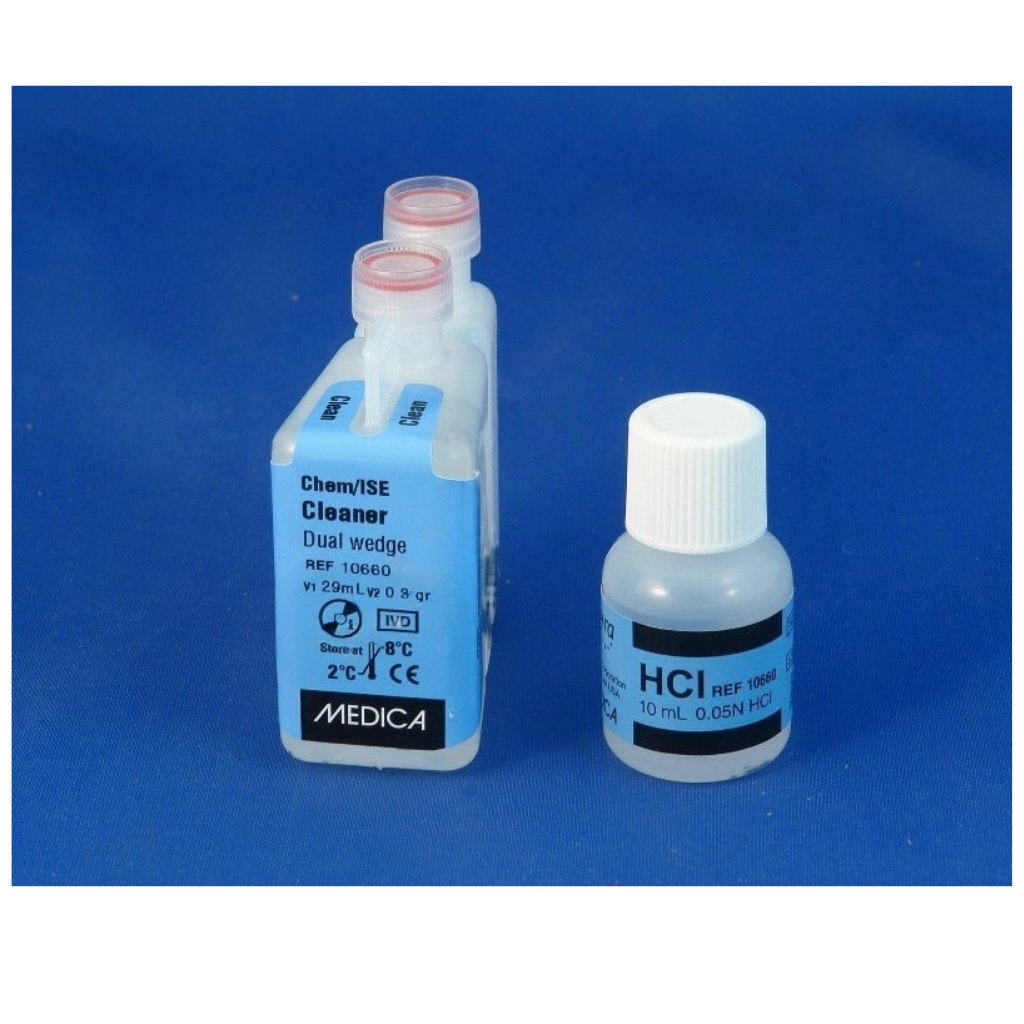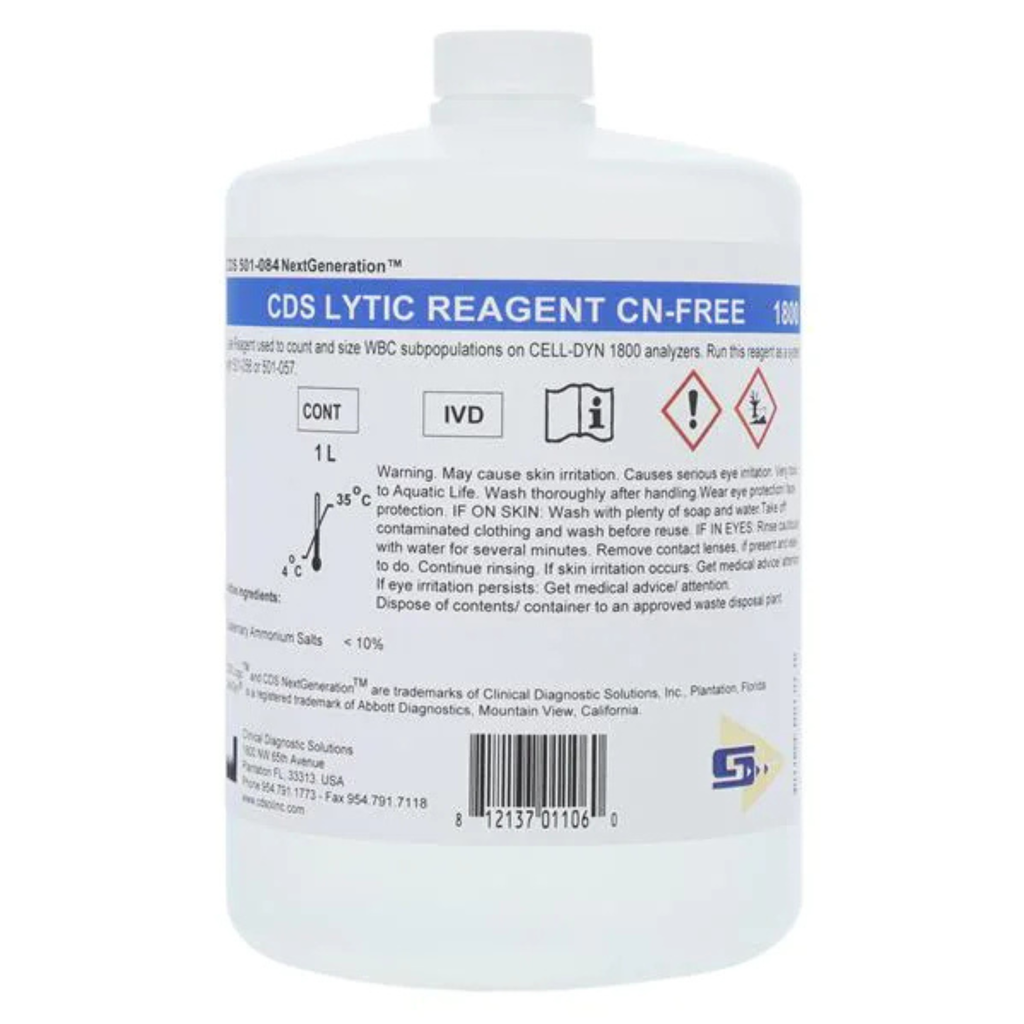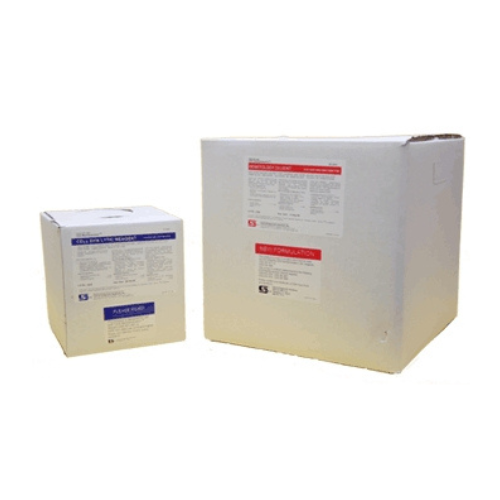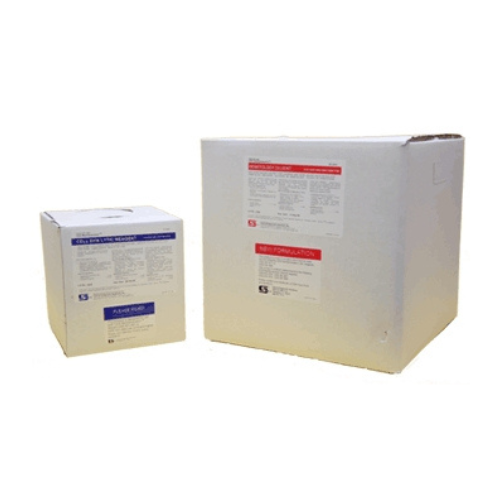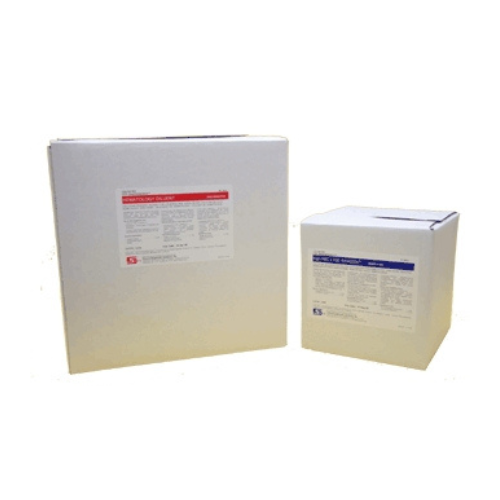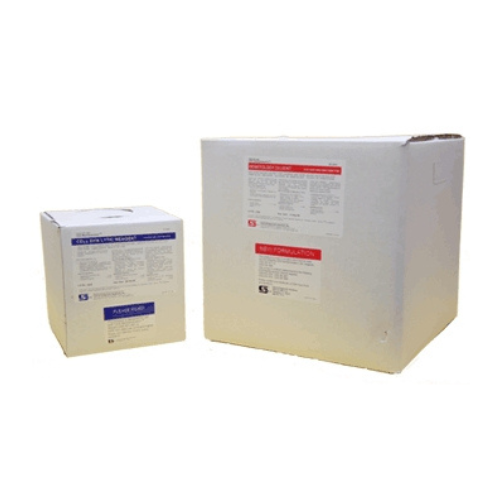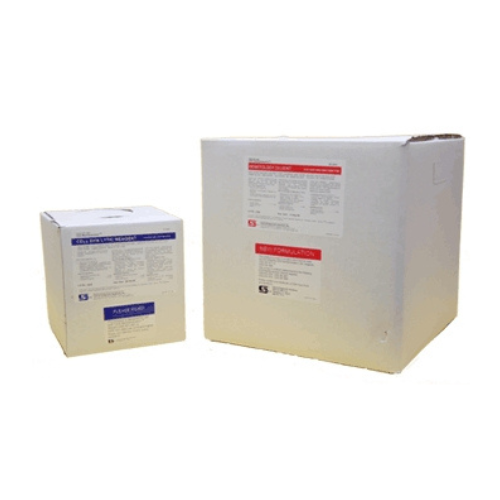For Business Use Only. Does Not Ship to Residential Addresses. For use inside an Analyzer, Sold Separately.
Medica EasyLyte Solutions Pack, NA/K/Cl/Li, 400mL
Medica EasyLyte Solutions Pack, NA/K/Cl/Li, 400mL
Product Code: 2028-EasyLyte
Manufacturer: Medica
Shipping Weight: 5.00lbs (2.27kg)

WHY CHOOSE MYCO INSTRUMENTATION?
See Why in 2 mins.
Medica EasyLyte Solutions Pack, NA/K/Cl/Li, 400mL
Intended Use
The EasyLyte Na+/K+/Cl−/Li+ Solutions Pack is intended for the quantitative determination of sodium (Na+), potassium (K+), chloride (Cl−) and lithium (Li+) in human serum, plasma, whole blood and urine (urine results for Na+, K+ and Cl− only) using the MEDICA EasyLyte® Analyzer.
Summary and Explanation
Electrolyte measurements in biological fluids were traditionally performed using flame photometry. The development of selective organic compounds for sodium, potassium, chloride and lithium and other electrolytes has permitted the development of sensors capable of the direct measurement of biological fluids throughout the physiological range. These sensors are known as ion-selective sensors.
Sodium is the major cation in extracellular fluid and has a major effect on osmotic pressure and water distribution between cells, plasma and interstitial fluid. Low sodium imbalance (Hyponatremia) is associated with diarrhea, server polyuria, metabolic acidosis, Addison’s disease and renal tubular disease. High sodium imbalance (Hypernatremia) is associated with hyperadrenalism, severe dehydration, brain injury, diabetic coma and excess treatment with sodium salts.
Potassium is a major cation in intracellular liquid. Potassium imbalance has a direct effect on muscle irritability, myocardial function and respiration. Some conditions that effect potassium levels in blood include hypoaldosternism, diarrhea, vomiting and therapy with diuretics for hypertension or cardiac disease. Unlike sodium, there is no mechanism to maintain a threshold potassium level in the body.
Chloride is the major extracellular anion and it has a direct effect on osmotic pressure, water distribution and anion−cation imbalance. Low chloride levels are caused by chronic pyelonephritis, Addisonian crisis, metabolic acidosis and prolonged vomiting. High chloride levels are observed in dehydration, congestive heart failure, hyperparathyroidism and extensive treatment with or intake of chloride.
Lithium is not present in healthy people and it is not metabolized. However it is administered in the form of a carbonate salt to control manic−depressive disorders. It is believed that lithium medications affect the central nervous system neurotransmitters, as well as the kidneys. Excessive levels of lithium may cause lithium toxicity.



